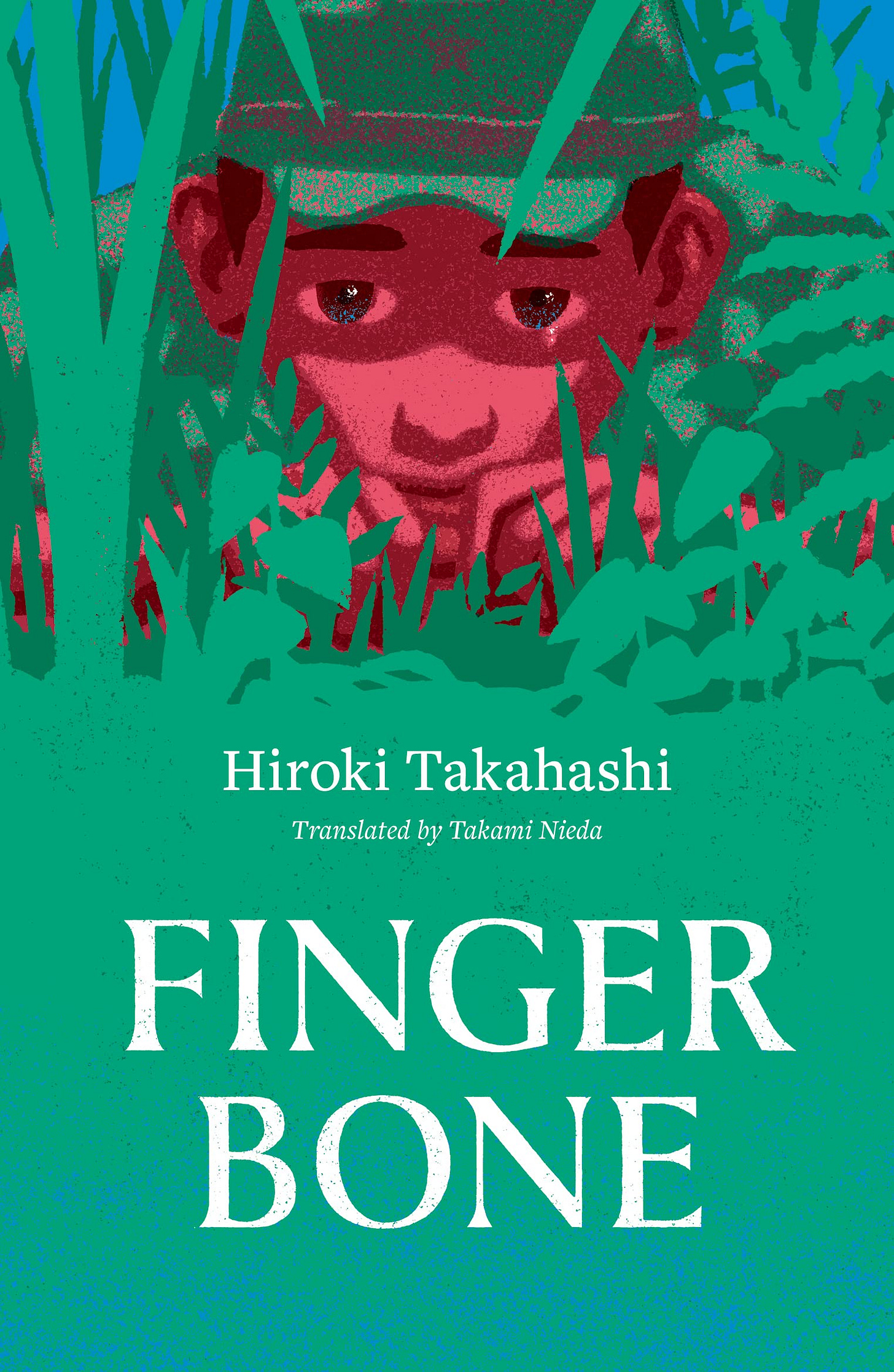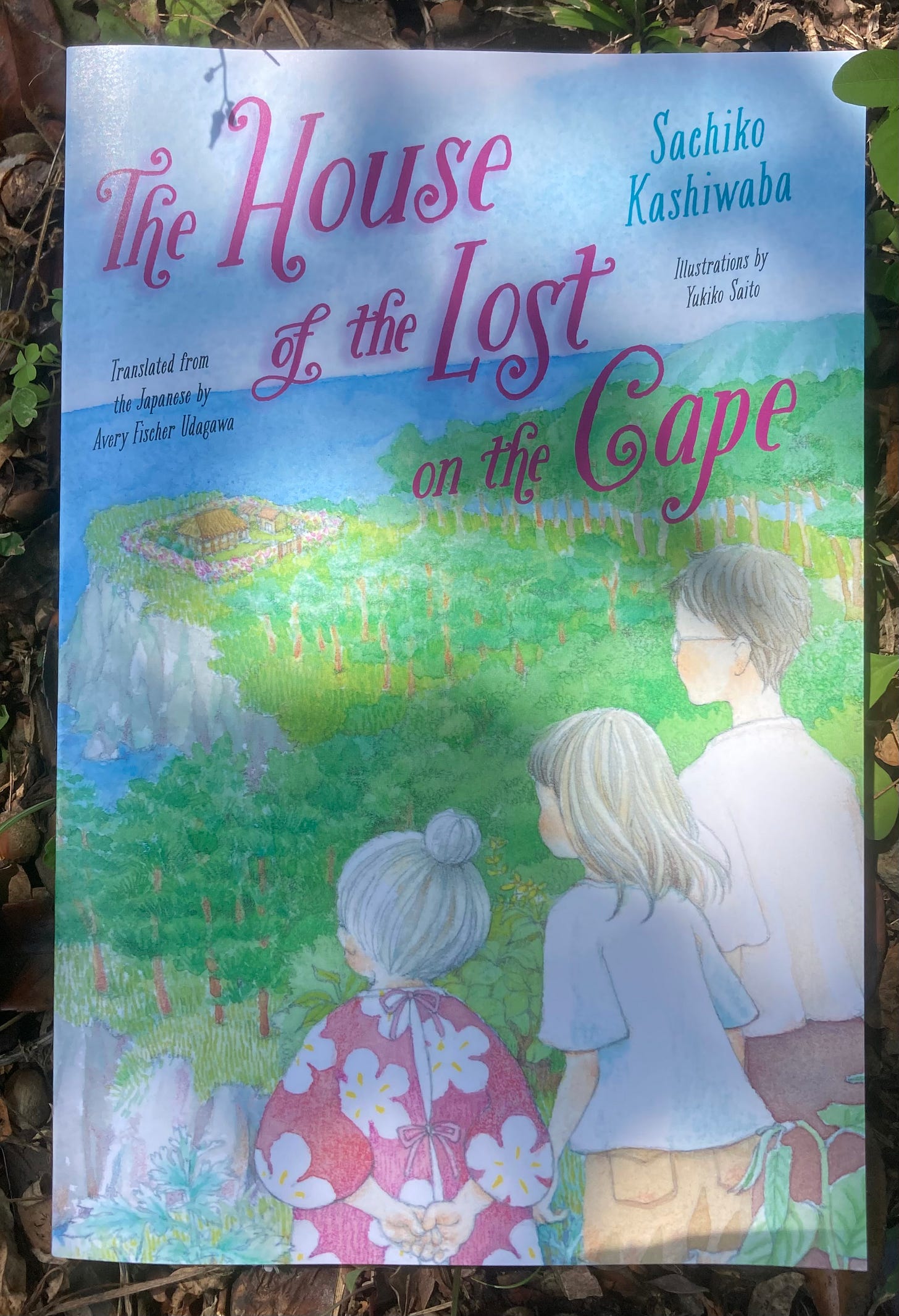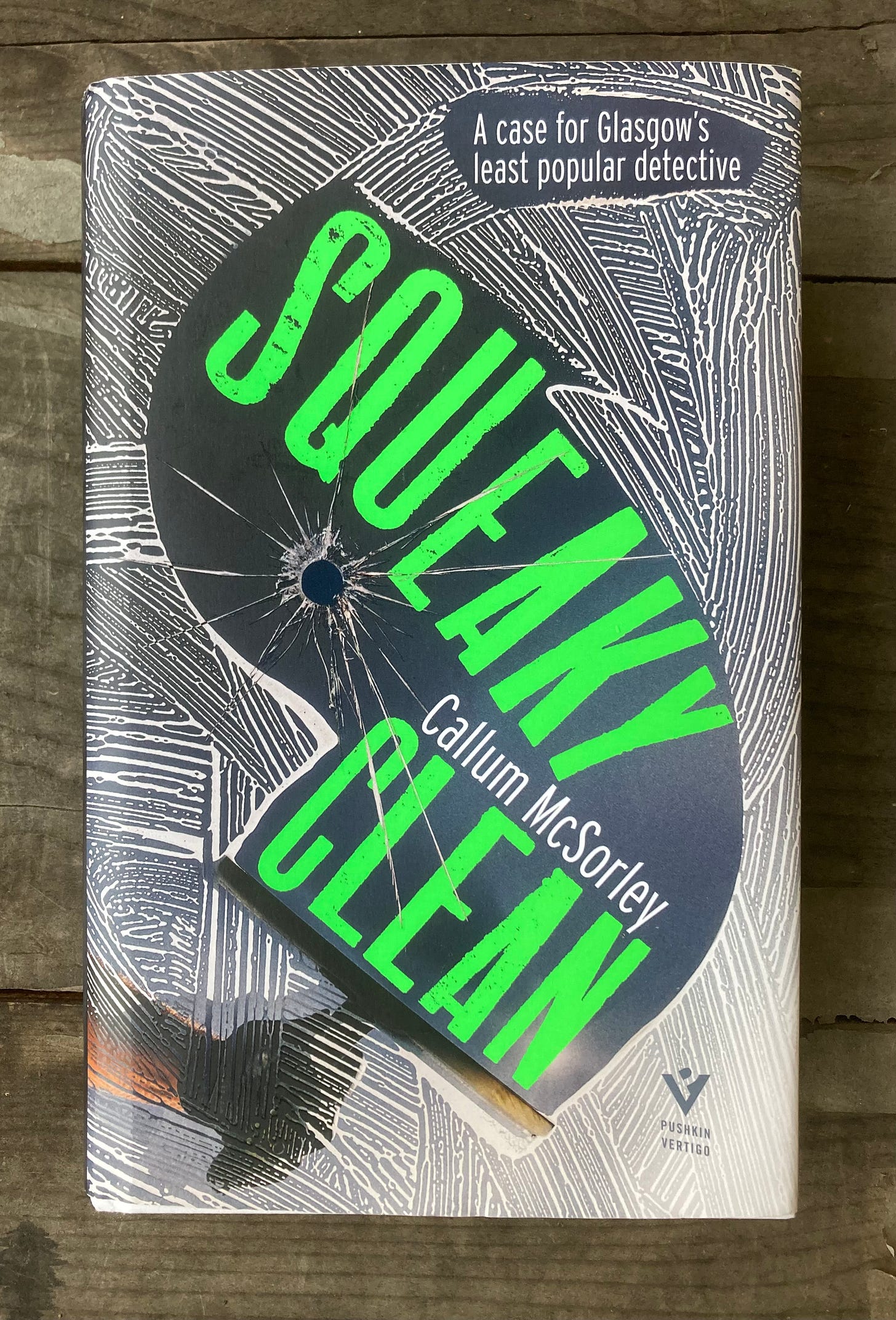June Books
I didn’t get much of a chance to read purely for pleasure this month as I was trying to finish the first draft of a novel (two chapters to go as I write this. Hopefully just one chapter when this goes out), doing a couple of edits for others and reading an enormous stack of submissions for a first novel prize. I’m still neck deep in Orhan Pamuk’s Nights of Plague (loving it but I can’t read the hardback in bed without dislocating something), but I did manage to carve out time for these great books:
Finger Bone by Hiroki Takahashi (translated by Takami Nieda) was an electronic advanced copy I got from the publisher Honford Star. Finger Bone is Takahashi’s debut; he later won the Akutagawa Prize in 2018 for Okuribi. Finger Bone is narrated from the point of view of a Japanese solider on Papua New Guinea in 1942. The title comes from the practice of cutting off a dead soldier’s finger, burning off the flesh and sending the bone back to his family. Told in a direct, sparse style, it starts off much like any war story, with humour mixed through the drama, but as the tide of the war changes, and starvation and disease take hold, the direct style just serves to make the reality all the more horrific. Not a light read, but an excellent one. Hopefully more Takahashi’s books will be translated in the future.
Another advanced copy, this time from Restless Books, was The House of the Lost on the Cape by Sachiko Kashiwaba, translated by Avery Fischer Udagawa. I’m not really the target audience for this, since I am neither a child nor a young adult, but I was still happy to read it. Set in the aftermath of the 2011 Tohoku disaster, it begins with three generations of unrelated women—Yui, Hiyori, and Kiwa—coming together to find refuge and safety in an abandoned house. Kiwa passes the time telling them ancient local legends which then take shape leading to an epic fantasy battle between demonic forces and good spirits. Apparently there is also a hit anime film of this story which sounds worth checking out.
One of the joys of literary magazines and journals is seeing recurring names and watching new writers emerge and develop before your eyes. I think I first encountered Callum McSorley through Shoreline of Infinity, and I’ve enjoyed his short stories in places like Gutter, the Glasgow Review of Books and a couple of issues of New Writing Scotland, so it was exciting to hear that he got his first book deal, and with Pushkin no less, a cracking publisher of real distinction. Squeaky Clean is everything I’ve come to expect from Callum’s writing: economy of expression, a great grasp of exposition, strong instincts for storytelling and a vivid natural wit. Comparisons with Christopher Brookmyre are understandable but Callum is very much a writer with his own voice and has been rewarded with a place on the longlist for Bloody Scotland’s McIlvanney Prize (Scottish Crime Book of the Year) and the shortlist for the Scottish Crime Debut of the Year). Very well deserved.






